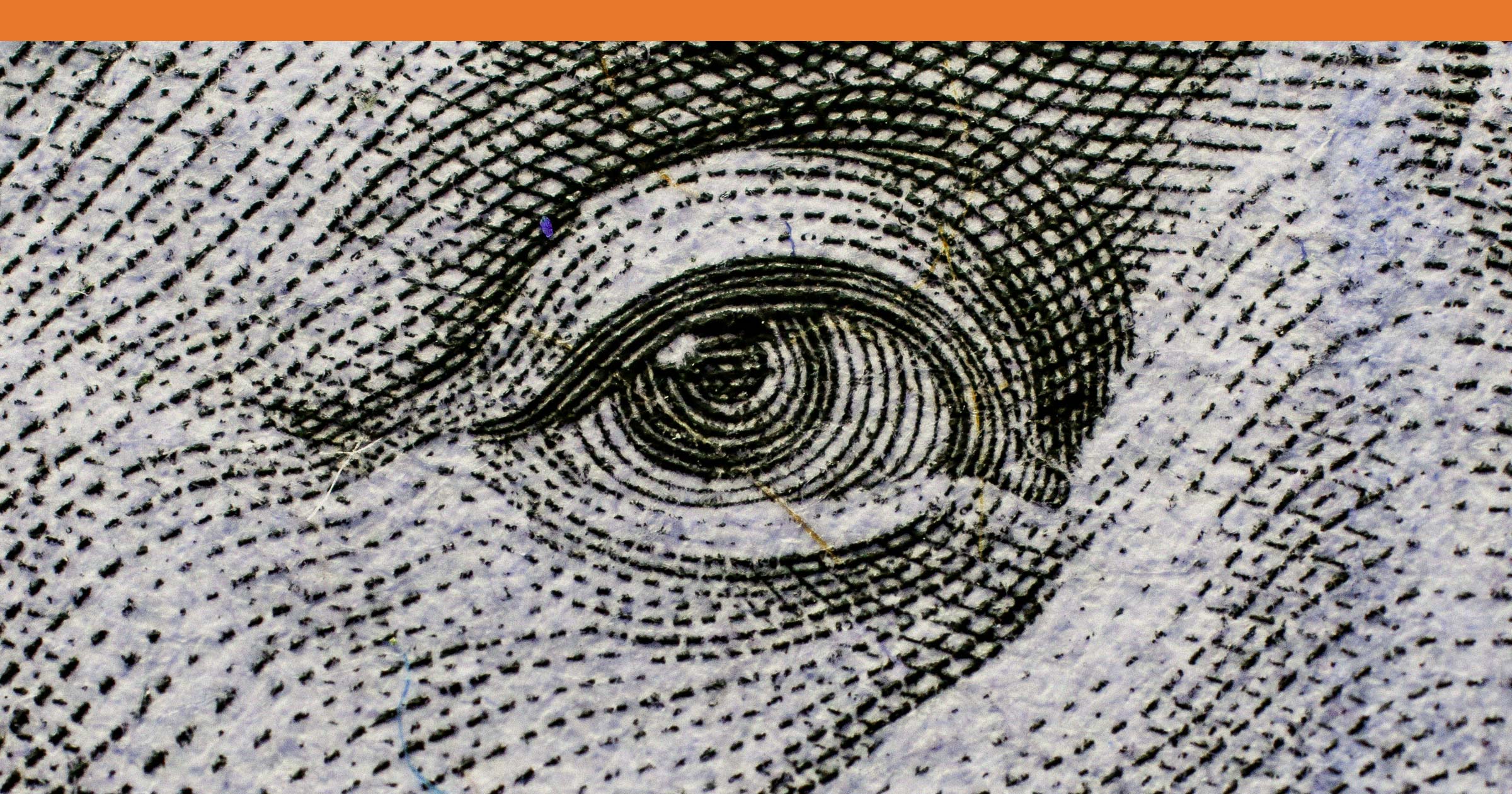How finance folk use it
In finance, face value is the term used when you talk about the nominal or stated value of a security. It is set by the issuer but can be different from the market value.
Is it good or bad?
The face value helps you understand how much a security may be worth, which is important if you’re thinking of putting your money in it. The security’s market value is another big consideration.
For bonds in particular, the face value is the basis for how much you earn based on the coupon rate. No matter how much more or less you spent to buy the bond, the annual interest it earns you will be calculated according to the face value.
For example, let’s look at a bond with a face value of P20,000 and a coupon rate of 5%. If you purchase it at a discount for P19,000, you’ll still be getting P1,000 (5% of P20,000) every year until maturity, when you get P20,000 (the face value).
What it means for you
When investing in securities, especially bonds, the face value is one of the important considerations when making the decision of whether to put your money in or not.
It is also the basis for the amount that you can earn from a debt security, as well as the amount that you get on maturity.

.jpg)
